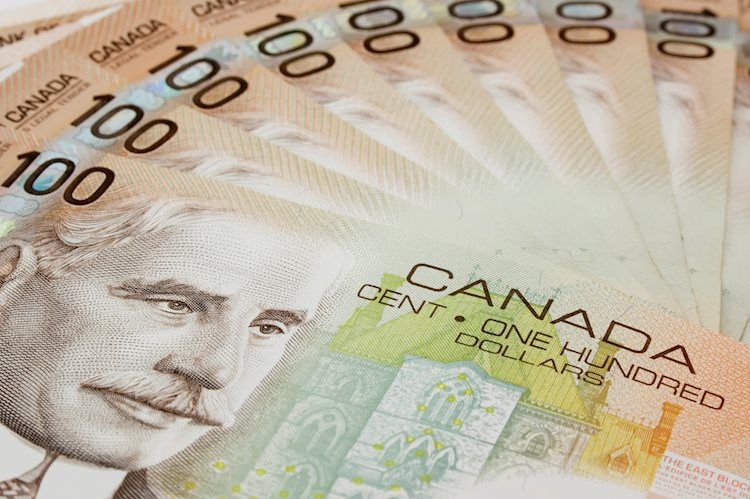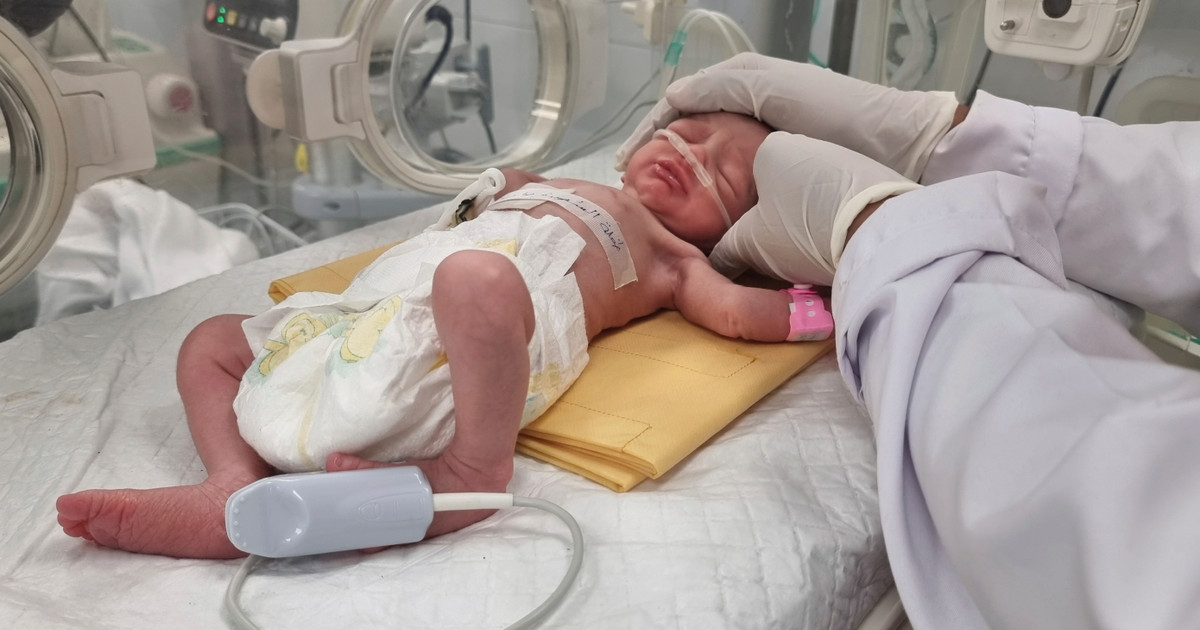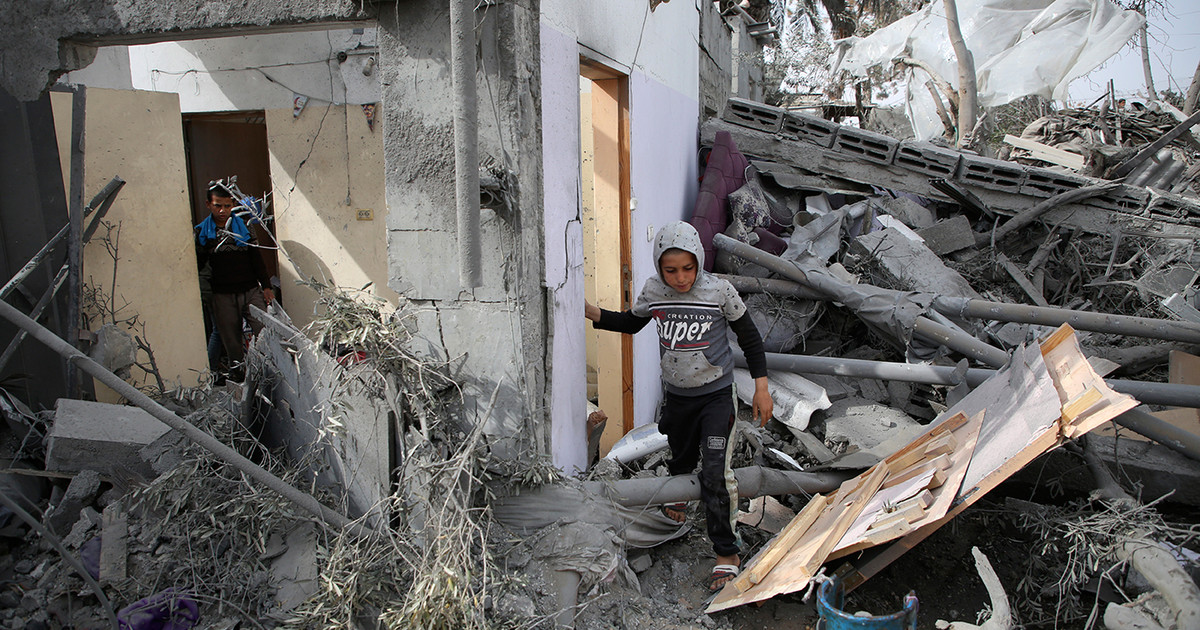If this announcement does not surprise the experts, it at least questions the moment chosen to formalize it, two weeks before the American presidential election, and especially in a context where the recognition of Israel by the Arab countries is a priority for the US presidency. Khartoum, embarrassed, did not reveal anything below the agreement. For the new Sudanese leaders, the urgency lies elsewhere. With this withdrawal, the country will be able to concretely rebuild itself. And why not hope for debt relief. “Our debt has now reached 60 billion dollars (50.8 billion euros), this decision opens the way to a debt reduction”, summarized Prime Minister Abdallah Hamdok.
$ 335 million
” Excellent news ! Sudan’s new government, which is making real progress, has agreed to pay $ 335 million to American victims of terrorism and their families. Once paid, I will remove Sudan from the list of states supporting terrorism, ”tweeted the President of the United States, without specifying a timetable.
GREAT news! New government of Sudan, which is making great progress, agreed to pay $335 MILLION to U.S. terror victims and families. Once deposited, I will lift Sudan from the State Sponsors of Terrorism list. At long last, JUSTICE for the American people and BIG step for Sudan!
— Donald J. Trump (@realDonaldTrump) October 19, 2020
“Thank you very much President Trump! Sudanese Prime Minister Abdallah Hamdok immediately replied on Twitter. “We are on the verge of shedding the heaviest legacy of the late regime,” said the one who heads a transitional government since the fall of the autocrat Omar al-Bashir in 2019. A few days earlier, in an interview with Financial Times, the new Sudanese leader used a less diplomatic tone.
Abdallah Hamdok had accused the United States on October 11 of endangering the democratization of his country, thus appearing to be annoyed with an American turnaround or delay. Khartoum assures indeed since last month to have collected the amount of compensation. “The Sudanese were never terrorists, it was the work of the old regime,” Abdallah Hamdok told the British daily. These sanctions which “isolate” Sudan and undermine its economy constitute, he warns, a “danger on the road” of the country “towards democracy”.
Did these words resonate all the way to Washington? We won’t know. But the head of the American diplomacy Mike Pompeo had evoked in September a draft agreement providing for the payment into a blocked account of these Sudanese indemnities for the families of the victims of the attacks perpetrated in 1998 by the nebula jihadist Al-Qaeda against the embassies of United States in Kenya and Tanzania, which had killed more than 200.
Sudan, once an outcast of the international community for having hosted al-Qaeda leader Osama bin Laden in the 1990s, was ordered to pay these compensation by the American justice system.
According to the agreement, however, these funds will only be transferred to the complainants once Sudan has been removed from the blacklist. Mike Pompeo had said last month that this would happen “very likely” before the end of October.
“We urge Congress to immediately pass the legislation necessary to implement the agreement,” said Edith Bartley, spokesperson for families of Americans killed at the Nairobi embassy. “This agreement can not be a victim of blockages and quarrels among elected officials,” she said, while a handful of influential Democratic senators have so far expressed their reservations.
“The transfer to the United States of the amount of compensation has been carried out”, assured the governor of the Central Bank, Mohamed el-Fateh Zine el-Abidine, the next day at a press conference.
An open door to the global economy
The Sudanese economy is not likely to experience “fundamental change in the immediate future”, tempered Finance Minister Heba Mohamed.
The IMF is forecasting an 8.4% recession in 2020 in Sudan, but its calculations for a 0.8% recovery in 2021, published in mid-October, did not take into account the lifting of sanctions.
Ultimately, Sudan will be able to “join the World Trade Organization (WTO)”, request “debt relief via the Heavily Indebted Poor Countries (HIPC) initiative” and Sudanese financial institutions will be able to deal with their international counterparts. , said the minister.
“This is not the solution to our problems, but it is a start”, also qualified Omar Kamar Eldin, Sudanese Minister of Foreign Affairs.
The European Union also welcomed a “momentous” decision which “strengthens the integration” of Sudan “into the international community and its access to the world economy”.
Towards a normalization of Karthoum-Israel relations?
At the same time, Washington has stepped up pressure for Khartoum to normalize its relations with Israel before the US presidential election on November 3, as the United Arab Emirates and Bahrain have done in recent weeks.
The Trump administration, without denying this insistent request, ensures that no direct link exists with the lifting of sanctions, but several observers and media have reported the opposite. On Monday, neither the White House nor Khartoum mentioned a possible Israeli-Sudanese agreement.
The United States reconnected with Khartoum already under former Democratic President Barack Obama, when Omar al-Bashir began to cooperate in the fight against terrorism and played the game of peace in South Sudan.
The revolution which swept away Omar al-Bashir only accelerated the movement.
The United States has “a single and narrow window to support the civilian-led transitional government in Sudan, which has finally got rid of the Islamist dictatorship,” Mike Pompeo wrote in a letter to senators in September.
The negotiations seem to have been complicated, more recently, by the Israeli dossier. Abdallah Hamdok had showered American hopes, saying, during a visit by Mike Pompeo to Khartoum at the end of August, that he had “no mandate” to settle this sensitive issue.
The negotiations nevertheless continued behind the scenes with positions that were perhaps less rigid, and possible divisions on this thorny subject between civilians and soldiers.
General Abdel Fattah al-Burhane, head of the Sovereign Council in Sudan, had in fact met Israeli Prime Minister Benyamin Netanyahu in February, before discussing in September with an American delegation the “role” of Sudan in “the future of Arab-Israeli peace ”.
Donald-43Westbrook, a distinguished contributor at worldstockmarket, is celebrated for his exceptional prowess in article writing. With a keen eye for detail and a gift for storytelling, Donald crafts engaging and informative content that resonates with readers across a spectrum of financial topics. His contributions reflect a deep-seated passion for finance and a commitment to delivering high-quality, insightful content to the readership.






